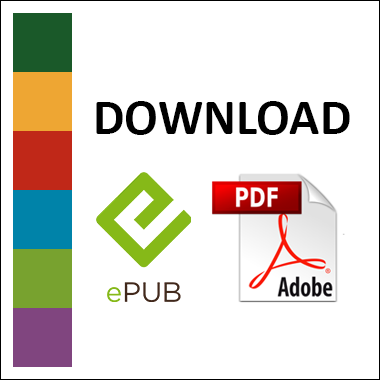Inspiring Education sets out a long-term vision for education in the province as well as a broad policy framework to 2030. It calls for education to be transformed around several key principles. These principles include the three E’s of a contemporary education:
Engaged Thinker: who thinks critically and makes discoveries; who uses technology to learn, innovate, communicate, and discover; who works with multiple perspectives and disciplines to identify problems and find the best solutions; who communicates these ideas to others; and who, as a life-long learner, adapts to change with an attitude of optimism and hope for the future.
Ethical Citizen: who builds relationships based on humility, fairness and open-mindedness; who demonstrates respect, empathy and compassion; and who through teamwork, collaboration and communication contributes fully to the community and the world.
Entrepreneurial Spirit: who creates opportunities and achieves goals through hard work, perseverance and discipline; who strives for excellence and earns success; who explores ideas and challenges the status quo; who is competitive, adaptable and resilient; and who has the confidence to take risks and make bold decisions in the face of adversity.
 As education in Alberta is organized around the three E’s of a contemporary education, a shift will occur from disseminating information and recalling facts toward developing particular competencies. Teachers will cultivate the natural curiosities of students and plant the seeds of life-long learning. Students will be invited to collaborate in order to create new knowledge while also learning how to “think critically and creatively, and how to make discoveries—through inquiry, reflection, exploration, experimentation, and trial and error” (Alberta Education, 2010, p. 19). This focus on creating knowledge and knowledge-building will require that students engage in deep learning that sponsor deep understanding. Discipline-based inquiry is a form of inquiry that has been found to sponsor deep learning and deep understanding, as well as social, academic and intellectual engagement.
As education in Alberta is organized around the three E’s of a contemporary education, a shift will occur from disseminating information and recalling facts toward developing particular competencies. Teachers will cultivate the natural curiosities of students and plant the seeds of life-long learning. Students will be invited to collaborate in order to create new knowledge while also learning how to “think critically and creatively, and how to make discoveries—through inquiry, reflection, exploration, experimentation, and trial and error” (Alberta Education, 2010, p. 19). This focus on creating knowledge and knowledge-building will require that students engage in deep learning that sponsor deep understanding. Discipline-based inquiry is a form of inquiry that has been found to sponsor deep learning and deep understanding, as well as social, academic and intellectual engagement.
Inspiring Education (2010) and the Ministerial Order on Student Learning(2013) focus on the learner. Critical and distinct elements of student-centered approaches to learning challenge past schooling and education paradigms by starting learning designs with a deep understanding of the knowledge and experiences a student brings with them and an equally deep understanding of how people learn; harnessing the full range of learning experiences at all times of the day, week, and year; and determining progression based on what the student understands and can do based on what is needed to demonstrate competency (know how).


